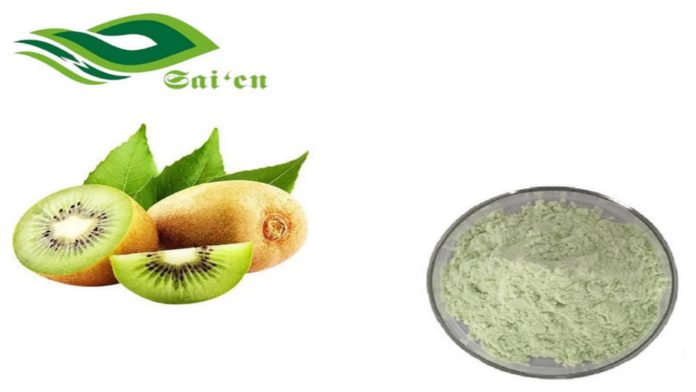In the world of health and wellness, what are nutraceuticals is a common question that many people ask. Nutraceuticals, which include dietary supplements, functional foods, and natural health products, have gained popularity for their potential to improve overall well-being. On the other hand, pharmaceuticals are drugs developed to treat, prevent, or diagnose diseases, often backed by extensive clinical research and regulatory approval. While both nutraceuticals and pharmaceuticals serve health-related purposes, they differ significantly in terms of their formulation, regulation, and intended use. In this article, we’ll explore the key differences between nutraceuticals and pharmaceuticals, helping you better understand how each category works and their potential benefits for your health.
The Difference Between Nutraceuticals and Pharmaceuticals
Nutraceuticals and pharmaceuticals both play important roles in promoting health, but they have distinct characteristics in terms of their composition, regulation, and intended uses. Here’s a breakdown of the key differences:
Definition and Composition
Nutraceuticals are food-based products, including supplements, functional foods, and natural remedies, designed to improve health and well-being. They consist of vitamins, minerals, herbal extracts, amino acids, and probiotics. Unlike pharmaceuticals, nutraceuticals generally aim to enhance general wellness or target specific health concerns like immune support or digestive health. Pharmaceuticals, on the other hand, are chemical compounds or biologics created to treat, prevent, or diagnose specific medical conditions or diseases. These are often developed to address particular symptoms or ailments, and their composition is rigorously formulated for targeted therapeutic effects.
Regulation and Approval
Nutraceuticals are subject to less stringent regulation than pharmaceuticals. In many countries, including the U.S., nutraceuticals are regulated as food products, meaning they do not require pre-market approval by regulatory agencies like the FDA, although they must not be harmful to consumers. The FDA does regulate labeling and claims but does not require proof of efficacy before a nutraceutical enters the market. Pharmaceuticals, by contrast, undergo rigorous testing, including clinical trials, and must receive approval from agencies like the FDA or EMA before they are made available to the public. This ensures that the drug is safe and effective for its intended medical use.
Intended Use and Benefits
Nutraceuticals are typically used for prevention or general health maintenance. They may offer benefits such as boosting immunity, improving skin health, or providing antioxidant support. While they can help with mild health issues, nutraceuticals are not intended to treat or cure diseases. In contrast, pharmaceuticals are developed to address specific medical conditions, such as treating infections, managing chronic diseases, or alleviating symptoms like pain or inflammation. Pharmaceuticals offer direct, scientifically-backed therapeutic benefits that target and treat diseases or conditions effectively.
Safety and Side Effects
While nutraceuticals are generally considered safe when used as directed, they are not free from risks. Side effects can occur, especially if taken in high doses or in combination with other medications, making it important to consult a healthcare provider before using them. Since nutraceuticals are not subject to the same level of clinical testing as pharmaceuticals, their safety profile may not be as thoroughly established. Pharmaceuticals, however, are rigorously tested for safety and efficacy during clinical trials, and the risks are generally well-documented. However, they can still cause side effects, and some may have serious interactions with other medications or health conditions.
Accessibility and Cost
Nutraceuticals are widely accessible, typically available over-the-counter in stores or online without a prescription. They are generally more affordable than pharmaceuticals, making them an attractive option for many people looking to enhance their health. Because they don’t require a healthcare visit or prescription, they are often seen as a convenient and cost-effective way to improve wellness. Pharmaceuticals, by contrast, usually require a prescription from a healthcare provider, and they can be significantly more expensive, especially if they are brand-name drugs. Additionally, costs can vary depending on health insurance coverage and the availability of generic alternatives.
Conclusion
Nutraceuticals and pharmaceuticals both play important roles in health, but they serve different purposes. Nutraceuticals offer preventive benefits and general wellness support, while pharmaceuticals are designed to treat specific medical conditions. Nutraceuticals are more accessible and affordable, but pharmaceuticals are subject to strict regulation for safety and efficacy. For those seeking high-quality nutraceuticals, Saienbiotech offers a range of products that support various health needs, helping you make informed choices for your wellness. Always consult a healthcare provider when considering supplements or medications.










